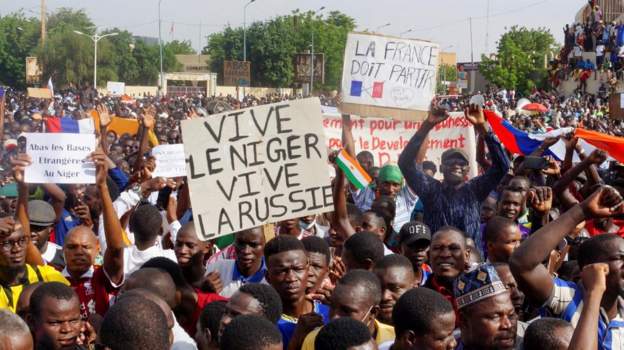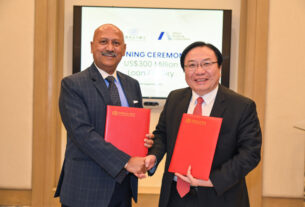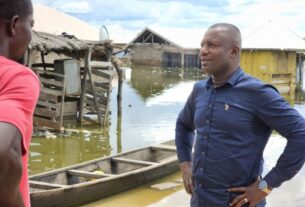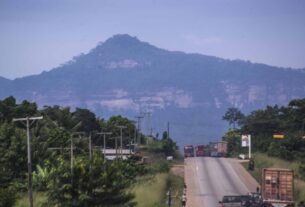France has declared its intention to initiate the withdrawal of its troops from Niger, signaling a desire to disengage from the West African nation following diplomatic tensions that arose after a coup occurred in Niger two months ago.
The strained relationship between France and Niger stemmed from the coup, which led to the emergence of a new military government in Niger. France, the former colonial power, declined to recognize the new regime, a stance that triggered protests in the capital city of Niamey.
While initially resisting calls for withdrawal, France now appears determined to convey its eagerness to depart Niger promptly. The withdrawal is set to commence this week, with more than 400 soldiers stationed near the border with Mali being the first to leave, with the process possibly commencing as early as Thursday.
In addition to the troops stationed near the Mali border, approximately 1,000 French soldiers are located at a military base in Niamey. This base has been a focal point for protesters who have been encamped there for several weeks, demanding the departure of French forces, citing their failure to effectively combat attacks by Islamist insurgents.
It remains unclear to what extent France’s presence contributed to the decrease in terror-related deaths in Niger last year, as the French military supported Nigerien armed forces in countering groups associated with Islamic State and al-Qaeda.
The impending withdrawal of French troops raises questions about the potential impact on security in Niger. The United States maintains a drone base in the country, and Nigerien forces are recognized as some of the best-trained in the region. However, since the coup and the departure of foreign forces in neighboring Mali, there has been a notable increase in violence and insurgent attacks.
Western powers, including France, have invested significant resources in providing security aid to Niger, considering it a crucial ally in the region. The withdrawal of French troops could have significant implications for the security landscape, with ongoing concerns about the potential escalation of violence in the region.





